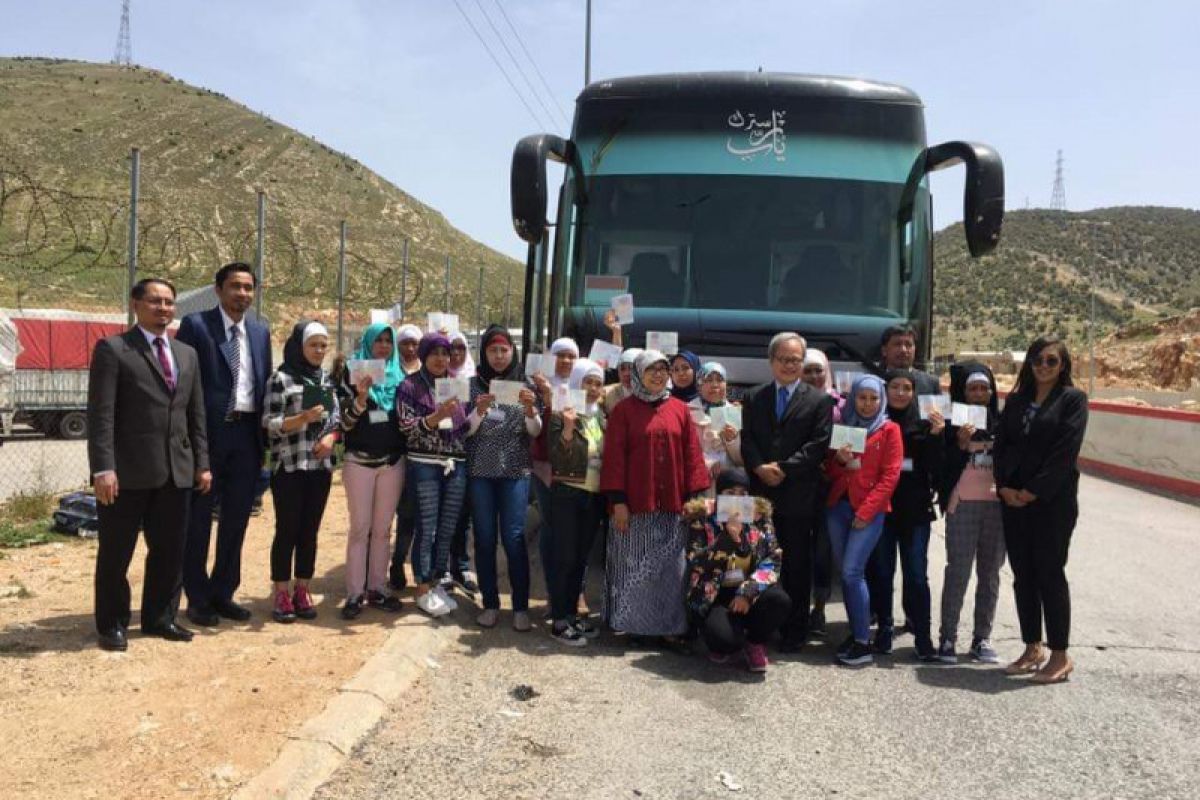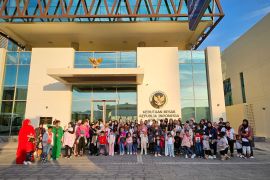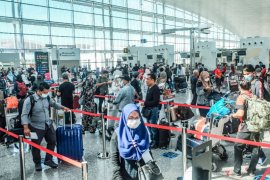“Forty of them were repatriated by the Indonesian Embassy in Damascus, Syria, on November 27, 2020, while three others were sent back home by the Indonesian Embassy in Abu Dhabi, United Arab Emirates, on November 30, 2020,” she informed.
Many Indonesians remain vulnerable to human-trafficking operations in the Middle East, with migrant workers frequently moving there to take up jobs as maids, in spite of the government’s moratorium policy, she said.
To deal with this problem, the Foreign Ministry is coordinating with the Indonesian Migrant Worker Protection Agency (BP2MI) and the National Police to investigate those responsible for sending the Indonesian migrant workers to the Middle East, she added.
The Indonesian government has imposed a moratorium on sending of maids to the Middle East since 2015 in view of several cases of abuse and given the vulnerability of migrant workers in countries in the region.
However, several parties, including Migrant Care, have criticized the government's moratorium policy, arguing that it has triggered uncontrolled human-trafficking by syndicates, with many Indonesians falling victim to them.
According to Anis Hidayah, head of Migrant Care's Research Center, many Indonesians are continuing to head to the Middle East for work through unofficial or even illegal routes.
As a result, they cannot be monitored properly, which makes them prone to getting into trouble in their destination countries, Hidayah told ANTARA last year.
To resolve this problem, Hidayah suggested that the Indonesian government lift the moratorium and ensure they are well protected through sufficient protection instruments.
Transnational human-trafficking syndicates do not just pose a serious threat to Indonesians wanting to get employed as maids in the Middle East, but also those wanting to work in Malaysia.
In March this year, for instance, police in Riau province had thwarted an attempt by a transnational human-trafficking syndicate to smuggle 15 Indonesians and two Indian nationals to Malaysia through Rupat Island in Bengkalis district.
Members of the Malaysia-Indonesia-India syndicate tried to transport the 17 victims by speed boat through the waters of Sungai Cingam village in Rupat Island, Bengkalis district, Riau province, said Riau Police spokesperson Sen.Coms.Sunarto.
Police arrested five suspects -- identified as AM alias Ahmad, AR alias Abdul, KH alias Irul, HL alias Lina, and SP alias Pian -- who played different roles in the human-trafficking operation.
Ahmad served as the boat's skipper, while Abdul and Irul were crew members. Lina served as the recruiter and enticed the victims to travel to Malaysia by promising them high-wage jobs, while Pian coordinated the operation, said police.
The trafficking attempt came at a time when Indonesian and Malaysian authorities were busy battling the outbreak of the new coronavirus disease (COVID-19). (INE)
Related news: Indonesian police name three suspects over human trafficking case
Related news: Indonesian police foil attempt to smuggle 17 people to Malaysia
EDITED BY INE
Translator: Yashinta DP, Rahmad Nasution
Editor: Suharto
Copyright © ANTARA 2020







